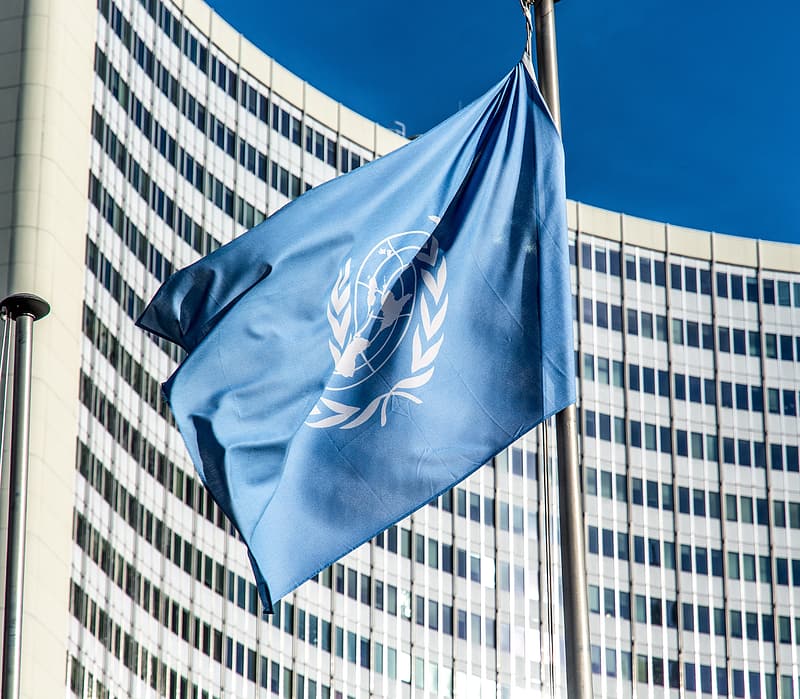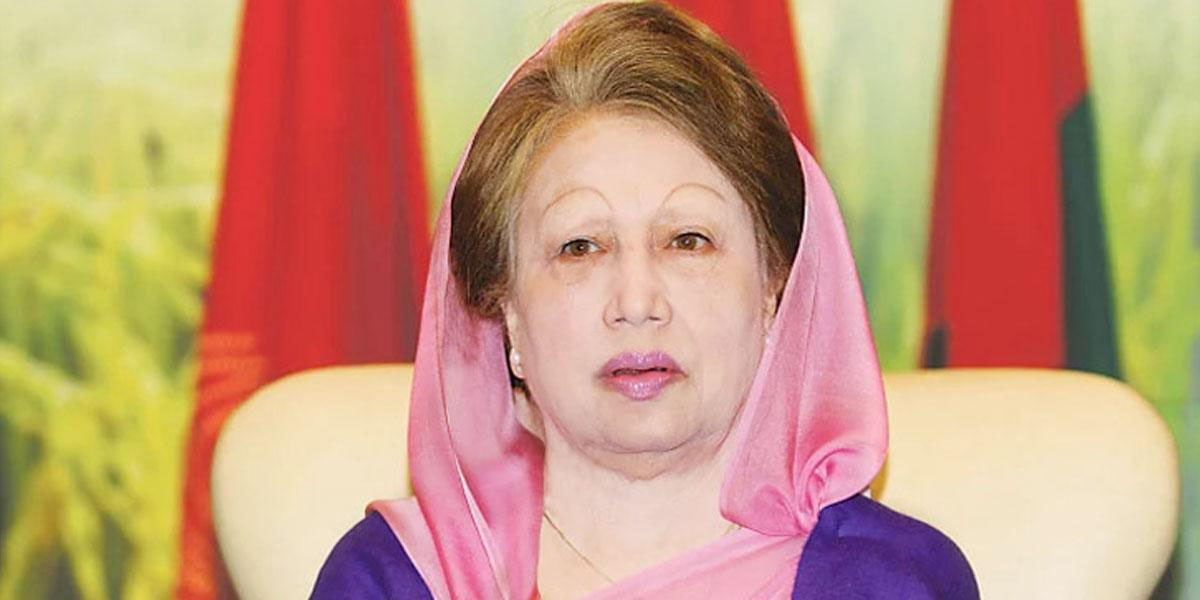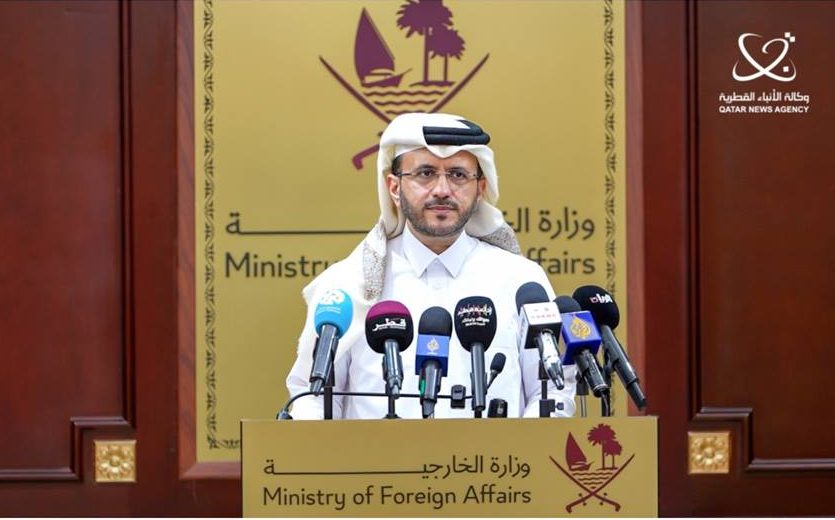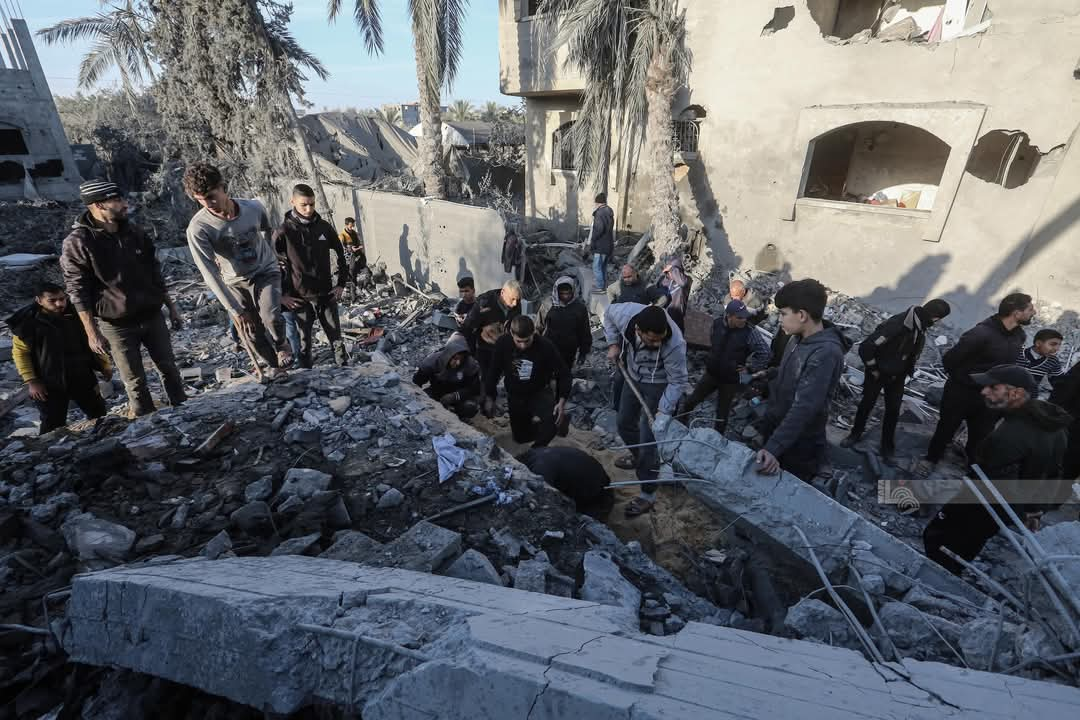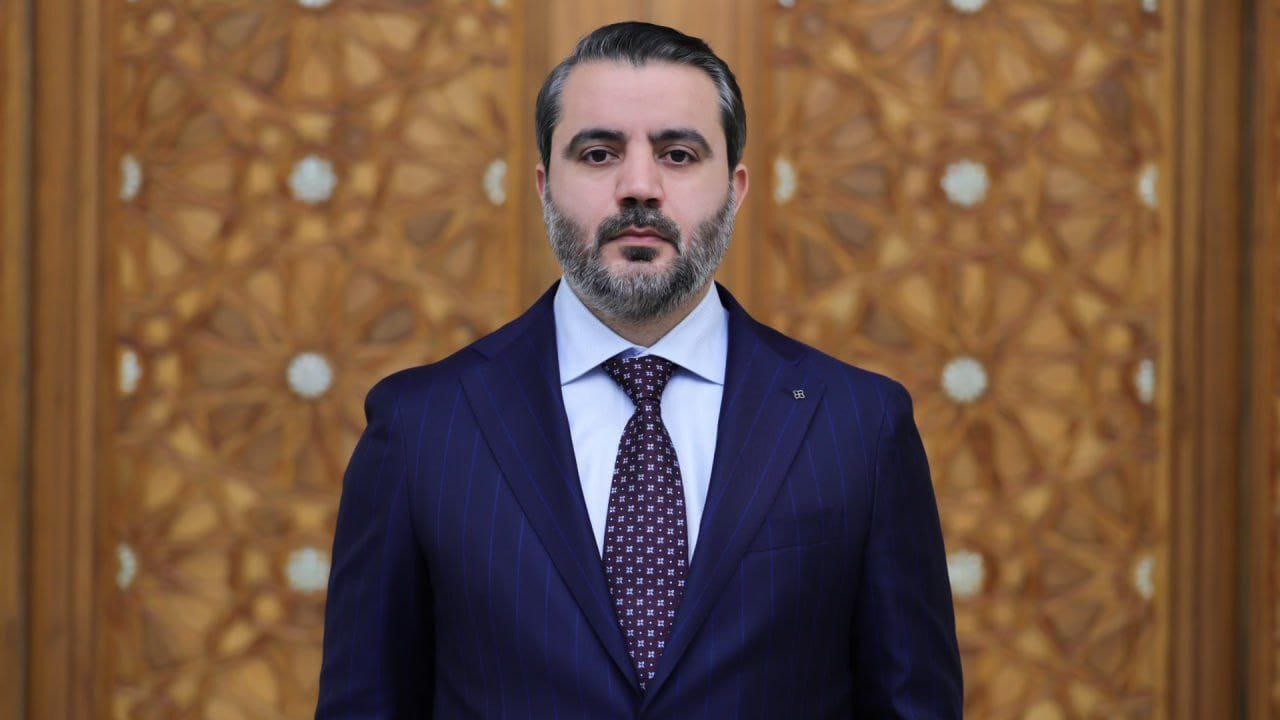The official also called for the end of the ongoing blockade.
Alena Douhan, the United Nations (UN) special rapporteur on the negative impact of sanctions on human rights, has said that the restricting measures imposed on Qatar by Saudi Arabia, Egypt, Bahrain and the UAE should be lifted immediately as they breach human rights.
Douhan’s statement came as she released her findings on the impact of the illegal land, air and sea blockade on Qatar, which was imposed by the quartet of nations back in 2017.
The Special Rapporteur met with numerous representatives and government officials, including the UN office in Doha, the International Organisation for Migration, the International Labour Organisation, and the UN Office on Counter Terrorism among others.
She also met with victims, lawyers, journalists, representatives of civil society, experts, academics, and ambassadors from the US, Europe, and the blockading countries.
“The Special Rapporteur considers illegal any unilateral measures… if they have significantly detrimental and disproportional impacts on the enjoyment of fundamental human rights and freedoms,” said Douhan at a media briefing in Doha on Thursday.
When the blockade was announced-where the UAE, Bahrain and Egypt severed ties with the Gulf country- up to 3000 Qatari citizens were immediately forced out of those countries, separating them from their families in a move that was followed by the closure of all of their borders and ports to Qatari citizens.
“The measures isolated Qatar from its neighbours and limited substantially its access to the wider world, given its location,” said Douhan.
Read also: US, Kuwait making moves to solve GCC crisis: reports
During her briefing, Douhan called on the blockading countries to immediately withdraw all sanctions on Qatar, which aim at establishing restrictions on free speech, movement, access to property, and placing land barriers.
She also expressed a “serious concern” over the mistreatment of Qataris by the Gulf neighbours involved in the blockade, due to its clear interruption of daily life.
Furthermore, citizens of the blockading countries, residing in Doha, have also been heavily impacted by their countries’ measures.
“Among those who are reported to be badly affected are couples in mixed marriages and their children,” she said.
Douhan added that the blockade exhibited violations of the enjoyment of fundamental rights and freedoms, including: the right to family life; the right to an education; the right to work; the right to health; the right to private property; the right to free exercise of religion; and the right to equal access to justice.
Read also: The blockade cost me seven years of my life
While the Special Rapporteur is not in a position to take any view on the political dispute between the five countries, Douhan stated that international cooperation should be based on the principles of sovereign equality of states, prohibition to use force, without intervening in the domestic affairs of states, and while adhering to international obligations and protection of human rights.
“The Special Rapporteur would like to underline that any unilateral measures are only legal if they have a valid and clear legal basis in national legislation and do not breach any international obligation of states,” the UN report stated.
With the blockade being based on Qatar’s alleged support to terrorism, Douhan urged the blockading countries to review the definition of terrorism and to refrain from using anti-terrorism and other forms of national security legislation to heavily impact peaceful and non-violent activities, including people, journalists and NGOs.
“The Special Rapporteur would like to call to on all parties to defuse tension and tackle together the seriousness or severity of hate speech that may undermine traditional coherence and historical peaceful co-existence of people living in all five countries through full respect of fundamental human rights standards protecting free speech and expression,” said the report.
While these were her preliminary findings, Douhan said that she will present her final report on a visit to the UN Human Rights Council in September 2021.
Follow Doha News on Twitter, Instagram, Facebook and Youtube

